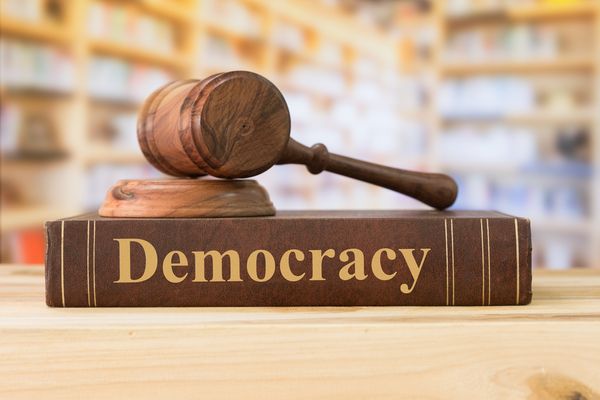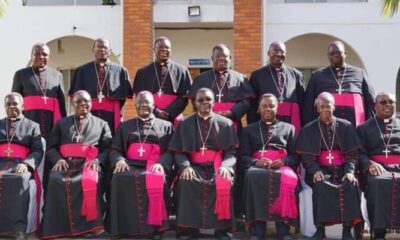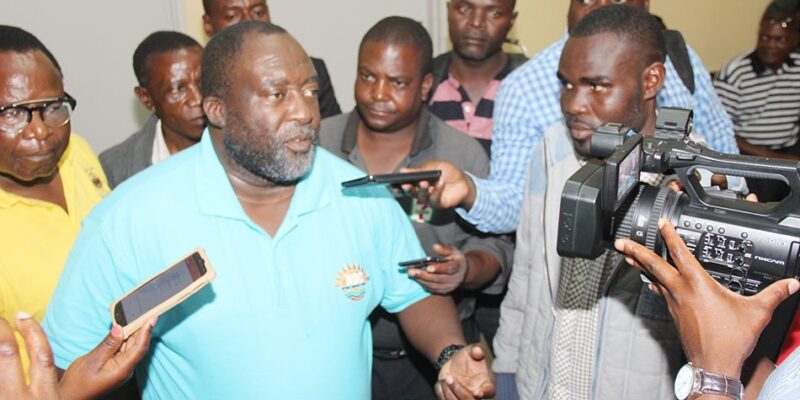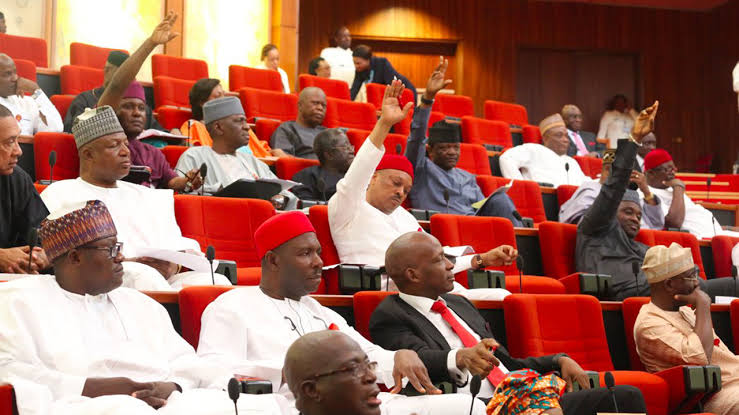Zambia, like many countries, stands to gain from robust free speech, but it also faces challenges from what some describe as an “avalanche of speech.”
While liberal democracies emphasise free expression, this can sometimes lead to information overload, disinformation, polarization and echo chambers.
The potential for hate speech, harassment and reckless statements that undermine social cohesion is also a concern.
Balancing free speech with national security and public order remains a complex issue.
National Democratic Congress (NDC) leader, Saboi Imboela, addressed this during a recent discussion, stating, “One philosopher said that you have to love the noise of democracy. So if you do not love the avalanche of speech or the ok noise of democracy then you are not democratic.”
Imboela acknowledged the difficulty of this balancing act but underscored the importance of continuously fighting for the right to speak.
To navigate these challenges, Zambia needs to focus on promoting media literacy and critical thinking.
Encouraging responsible speech and journalism, implementing effective moderation and regulation and fostering inclusive public discourse are essential steps.
Additionally, supporting education and critical thinking skills would be crucial in managing the complexities of free speech.
Upon his election and swearing-in, President Hakainde Hichilema criticized the outgoing regime for its brutality while promising a “better democracy.”
In his debut address, Hichilema stated, “I will be a president of all Zambians, of those that voted for me and of those that did not. We will foster a better democracy, the rule of law, restoring order, respecting human rights, liberties and freedoms.”
This promise aligned with the findings of the 2024 flagship report from the V-Dem Institute, which highlighted Zambia’s successful transition from being labeled an “electoral autocracy” to an “electoral democracy.”
This report places Zambia near the top of the list of countries that have made significant democratic advancements, reversing the trend of autocratic governance.
Former Justice Minister, Mulambo Haimbe, remarked on this progress, stating, “Around the world, the state of democracy was becoming increasingly uncertain, facing threats that seem more pronounced with each passing day.
There was a clear trend of democratic backsliding as undemocratic regimes tighten their grip, limit freedom of expression and erode the rule of law.”
However, he praised Zambia for standing out positively by embracing democratic principles.
In contrast, renowned academic, Dr. Sishuwa Sishuwa, criticised the use of lawfare to suppress opposition in Zambia.
Sishuwa wrote, “When Zambia experienced democratic backsliding between 2011 and 2021, the deliberate use of legal mechanisms to weaken opposition parties played a central role.”
He described this strategy as “lawfare,” a persistent theme in Zambian politics. “The defeat of President Edgar Lungu and his Patriotic Front (PF) in the August 2021 election raised prospects for a stronger legal foundation that would address the conditions that enabled the previous government to engage in legal autocracy,” Sishuwa added.
Despite these observations, Sishuwa noted that nearly three years after President Hichilema’s election, the situation has hardly changed, indicating ongoing challenges in the quest for a more balanced democracy.
Zambia’s journey underscores the need for a careful balance between free speech and national security.
Ensuring that the “avalanche of speech” enriches rather than overwhelms the country’s political landscape would be key to strengthening its democratic institutions and fostering a more inclusive and responsible public discourse.
This story is sponsored by Project Aliyense.

 Metro2 days ago
Metro2 days ago
 Sports2 days ago
Sports2 days ago
 Culture2 days ago
Culture2 days ago
 VenturesNow2 days ago
VenturesNow2 days ago


























